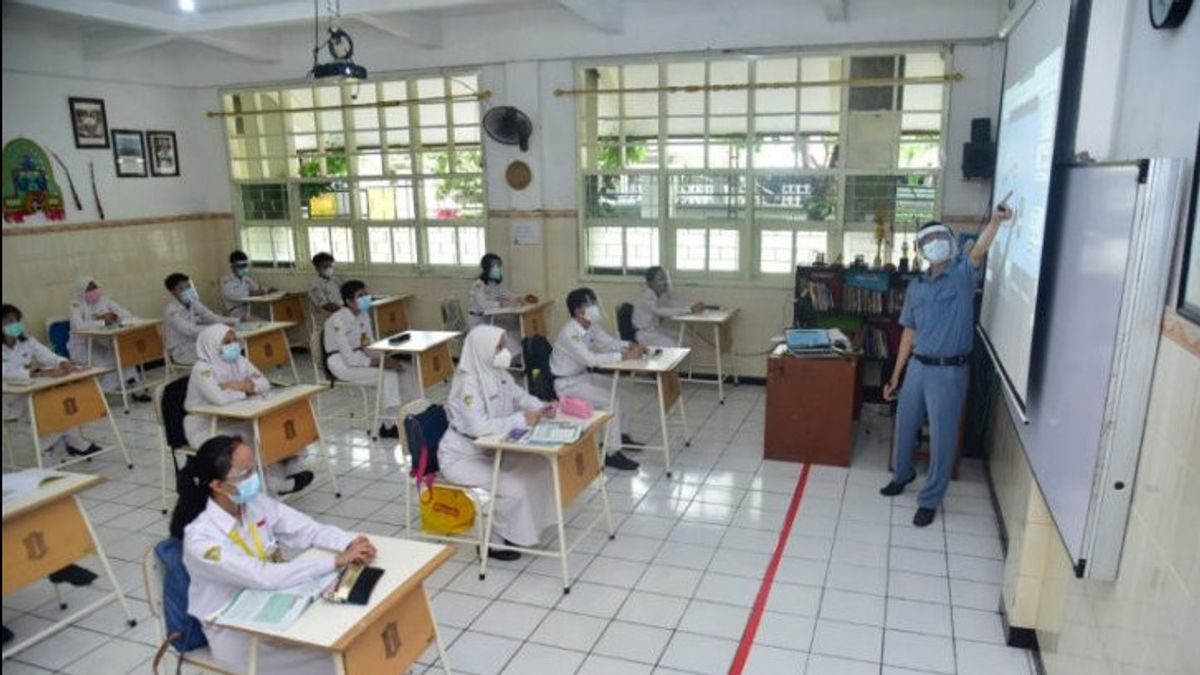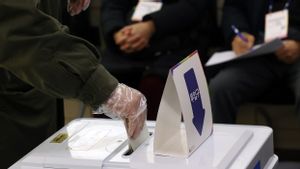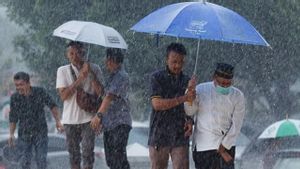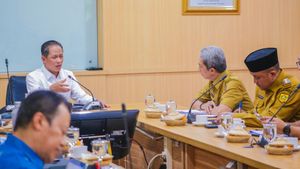MAKASSAR - The Indonesian Doctors Association (IDI) of Makassar City asked the local city government that the implementation of face-to-face learning (PTM) which had been carried out for almost two months was temporarily returned to the online system.
Head of Makassar City IDI, Dr Siswanto Wahab, said the reason students had to return to online learning was because of the high number of daily cases that occurred over the past week.
"The number of COVID-19 cases in Makassar is getting higher every day, so it is very important that a policy is issued to protect our children," he said, quoted by Antara, Wednesday, February 16.
Doctor Siswanto said, there are three important points to pay attention to the future of children, namely the right of children to live, the right of healthy children and the right of children to get education
According to him, all school residents including teachers and staff as part of the community who have the same risk of contracting and transmitting COVID-19 are temporarily restricted from their interactions.
"Children are the future of all of us, they are the next generation of the nation and we are obliged to protect them. As daily cases increase, the interaction of school residents must also be limited, especially since PPKM in Makassar has risen to level three," he said.
Public Relations of IDI Makassar, doctor Wachyudi Muchsin added, guidelines from WHO, scientific publications, publications in mass media, and data on COVID-19 in Indonesia at this time are the reasons the distance learning system (PJJ) or online is much safer.
"Seeing the re-emergence of current COVID-19 cases with new variants of omicron, it is necessary to learn through a remote or online system to be safe," he said.
Yudi - Doctor Wachyudi's nickname, also asked the government, in this case the education office, to evaluate whether the PTM health protocol had been effectively implemented or not.
He said the implementation of the PTM program had to start with disciplined education on clean and healthy living from home to school, including preparing children's health support needs such as masks, food and drinking water supplies, hand sanitizer, to transportation plans.
However, parents must also pay attention to the needs of their children, including encouraging vaccines at all age levels.
It is also necessary to teach children and teachers to recognize and know the early symptoms of illness and report to the teacher if they themselves or friends experience symptoms of illness.
According to him, during the COVID-19 pandemic, children still really need parental assistance at school, considering the risk of becoming seriously ill if infected, it is better for children to learn from home seeing that cases are currently increasing with the new variant of Omicron.
The English, Chinese, Japanese, Arabic, and French versions are automatically generated by the AI. So there may still be inaccuracies in translating, please always see Indonesian as our main language. (system supported by DigitalSiber.id)












